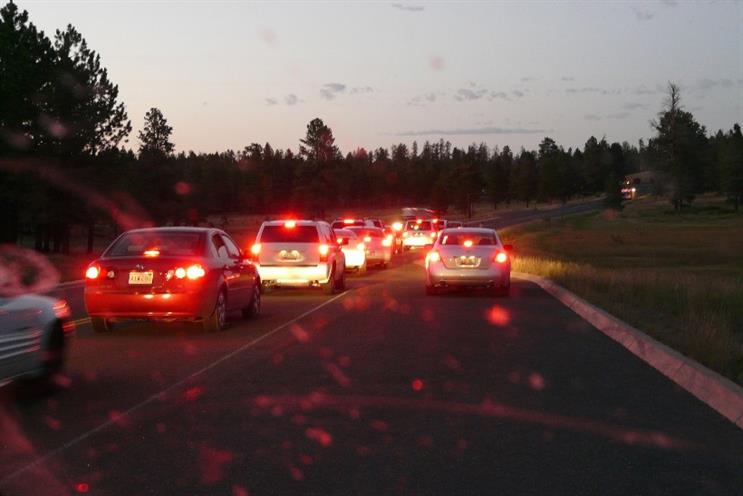Following the VW scandal in September, share prices have tumbled, CEO Martin Winterkorn has resigned, and potential fines of $18bn were announced.
In October, VW Group took another blow after admitting CO2 and MPG figures were set "too low" on around 800,000 vehicles including petrol cars, which would cost it a further 2bn euros to fix.
In Europe, Volkswagen Group had a tough October month of sales, seeing a drop of 0.8% compared with the same month last year. Its European market share also declined from 26.1% to 25.2% in the same period.
83% say the emissions scandal has not put them off the brand
However, whilst the fall in sales is attributed to VW Group's 'dieselgate' scandal, Volkswagen was not the hardest hit brand in the VW umbrella.
Sales of Seat cars were down by 11.2%, compared with Volkswagen's comparatively tame 0.4 per cent fall. Porsches, on the other hand (also recently mixed up in the emissions scandal with their 3.0-litre V6 diesel engines), continued to fly off the shelves with a 13.3% cent rise in sales.
So with Volkswagen cars at the heart of the 'dieselgate' scandal, why are sales of these cars relatively stable when you consider the volatile situation of its parent company?
We surveyed 16,000 car enthusiasts to ask whether they actually care that VW cheated and, it is accused, lied about its emissions.
If the cars had been unsafe the results would have been very different
A majority 69% said that they would still consider buying a Volkswagen, despite being fully aware that they had been duped by the car making giant.
Of the 16,000+ respondents, 83% also said that the emissions scandal has not put them off the VW Group. Looking closely at the breakdown of those surveyed, 70% of 18-24 -year-olds would still consider buying a Volkswagen, compared with only 55% aged 65 and over, while 89% of 18-24-year-olds said that they were not put off the VW Group.
Interestingly, 100% of 55-64-year-olds said that they didn't care about the scandals at all.
If VW’s latest shortcomings result in owners having to pay out more for road tax, then VW would likely become a bonafide villain
Looking at the data, it seems that sales of VW Group cars will not be negatively affected long term. Buyers don't seem to care that emissions of some cars are up to 40 times higher than advertised, despite the obvious environmental impact of cars with cheat devices fitted.
Had Volkswagen made unsafe cars, however, these results would be very different, but VW has assured its customers that the cars are safe to drive, and that the emissions issue will be rectified, starting from January 2016.
Part of the reason for people’s nonchalance towards the scandal probably has something to do with other historical automotive scandals that were immediately more dangerous, including GM’s faulty ignition switch that could turn the car off at speed, disabling safety features such as the airbags. As a result of this, 90 people died and 163 were injured.
VW is still seen as a brand that makes dependable, solid cars, and cool performance hatchbacks like the Golf GTi that people in their 20s aspire to own as affordable status symbols.
On the flip side, if the defeat device fix in 2016 were to affect a car’s performance in some way, I’m sure that buyers would really start to show an interest in the scandal. Similarly, if VW’s latest CO2 and MPG shortcomings result in owners having to pay out more for road tax (cars are taxed on the amount of CO2 they produce), then VW would likely become a bonafide villain.


